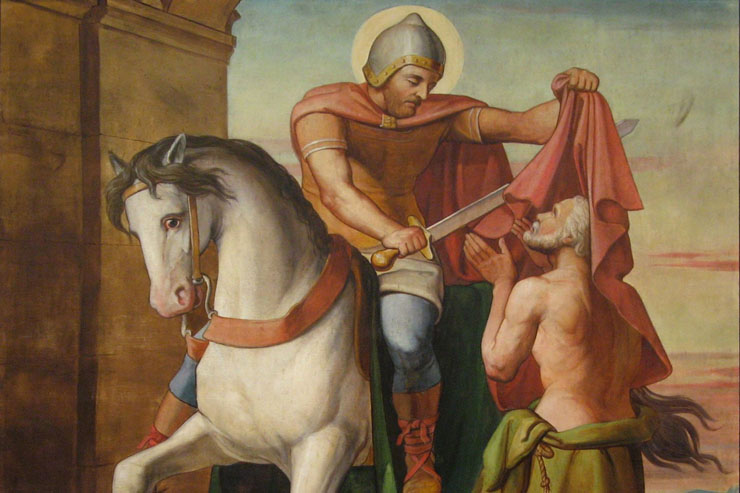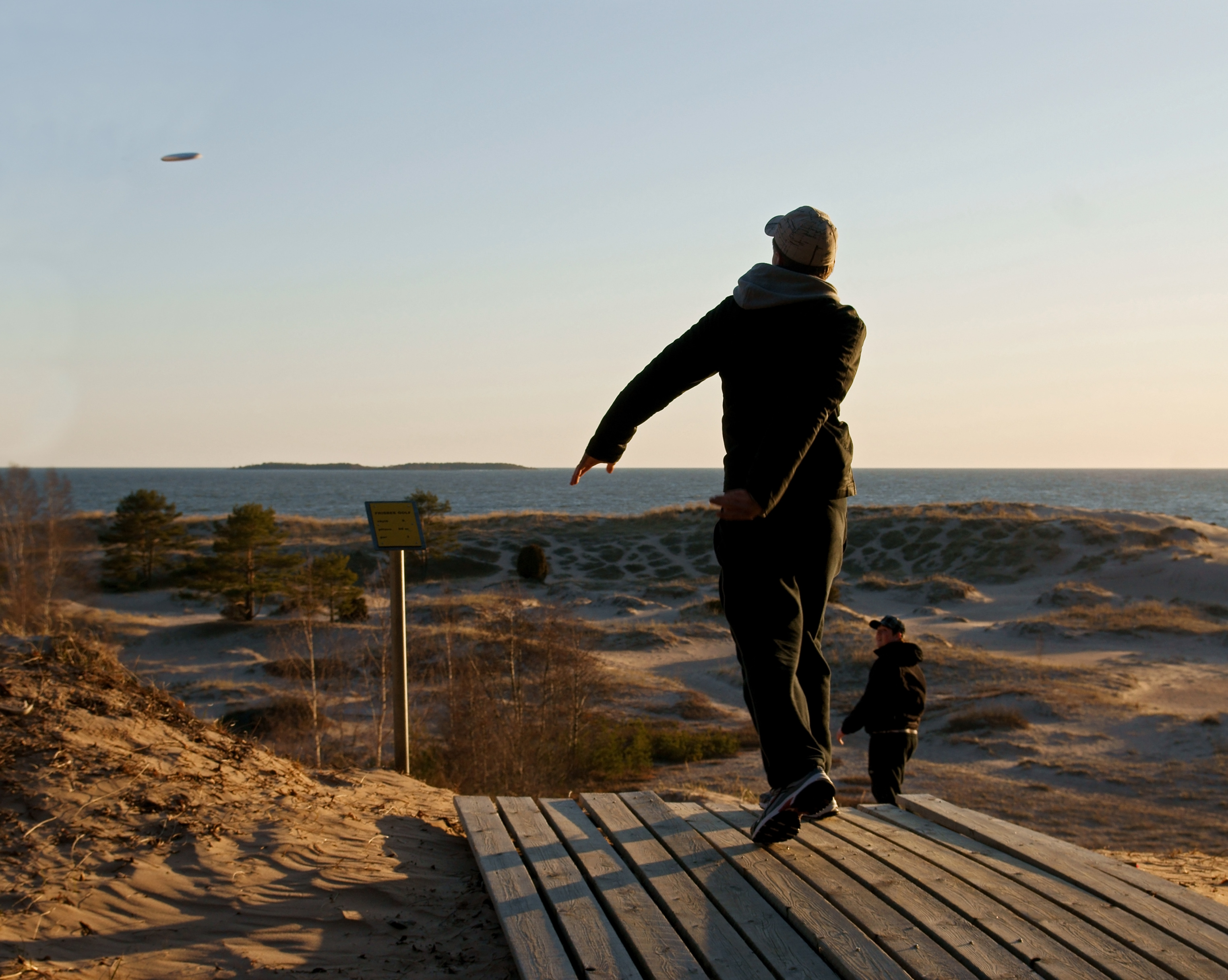“I will heal their waywardness
and love them freely,
for my anger has turned away from them.”
– The Lord speaking through Hosea to Israel, Hosea 14:4
The words of the prophet Hosea were poignantly delivered to me in the form of a ministry charge during my ordination service. It is a powerful charge – heal their waywardness and love them freely. The two-pronged charge has become a guardrail in terms of my ministry as pastor and as chaplain.
First, to heal their waywardness speaks to one of the most foundational functions of the pastoral office – healing. How does one heal waywardness? Some of the people that I encounter in ministry don’t even know that they are sick or in need of healing – sure they know that something is not right, but they often refuse the curative movements that are necessary. Some of those who have sat in my office or across the coffee shop table have been carrying a brokenness of the soul that has, like a bone break that has mended wrongly, left them disfigured and disabled. Sometimes, healing means another breaking so that the bone might be set properly. Sometimes, I am not the person to offer the healing – if the wound is beyond my skill, I must pass them to a specialist. Some receive the referrals, others do not. Often, healing involves a lengthy process – if someone is dealing with grief and loss or with trauma, or with sin – there can be a process of healing and rehabilitating that needs intentionality and companionship. Not everyone is willing to endure the process or apply themselves to the work of healing.
The second component to the charge is to love them freely. This can be incredibly difficult – to watch people hurting others or themselves by their choices, their decisions and knowing that they cannot (within their own power) heal themselves. It is hard, at times, to love freely – I would rather fix, I would rather just tell them to “get over and on with it.” So, whilst this is sometimes the difficult of the balance act – it is a check and balance. I certainly cannot love freely, out of my own self, but only through the strength of the Lord. And, as I am called to represent God to so many different people – people who are near and who are far from the Lord, it is this part of the character and nature of God that is so vitally important. When people are loved freely it opens them to the Divine possibilities of healing and restoration – because this is not how the world treats people. The world is always asking something of us, demanding that we give and give and we rarely receive.
This work, both in healing and loving, can be extremely costly at times – but it is all a part of God’s redemptive process. Consider Hosea – he marries a woman (Gomer) who is prostitute. They begin a family – but Gomer returns to her life of prostitution . Hosea goes and pays a hefty price to redeem his wife – 15 pieces of silver and a portion of grain. Hosea’s price would have been equal to that of the monetary value associated with a person’s life in ancient times (see Leviticus 27:4, Exodus 21:32). Scholars believe that Hosea may not have been wealthy enough to redeem Gomer for the full monetary price (30 shekels of silver) and so he pays the difference in an agricultural fashion. In terms of my own ministry, I understand this to mean that God is asking me to spare no expense in this activity of healing and loving. So many times, I feel that I am piecing together all that I have to redeem, to restore, to heal the waywardness and love freely, but this is the activity and love of God that he calls us to. And it should not be lost on us, that Jesus was betrayed by Judas for 30 pieces of silver. Here, we continue to see the interplay of God’s redeeming love throughout all time – that he would command Hosea to pay the price to redeem Gomer (who also served to illustrate Israel’s relationship with God) and that God’s own Son, Jesus would be betrayed for such a price. But still, God chooses to love. Still God chooses to heal. And so must we.
Blessings,
Rev. Brad Kenney



 As you can see from the pictures, we had soccer shoes, shin pads, clothing and soccer balls for 60 children! Before the children arrived, we sorted all the equipment in the room as well as the clothing. They came after school, and lined up outside the building. To keep order, we brought them in 5 at a time, so we could help them get the shoes fitted properly.
As you can see from the pictures, we had soccer shoes, shin pads, clothing and soccer balls for 60 children! Before the children arrived, we sorted all the equipment in the room as well as the clothing. They came after school, and lined up outside the building. To keep order, we brought them in 5 at a time, so we could help them get the shoes fitted properly. 















 As I continue in this work of serving as a chaplain in the world of sport, there are many times of “sharing the cloak” with a person in need – sometimes it was in leading a funeral service, other times in offering a listening ear, some times in simply being with someone in the midst of their pain.
As I continue in this work of serving as a chaplain in the world of sport, there are many times of “sharing the cloak” with a person in need – sometimes it was in leading a funeral service, other times in offering a listening ear, some times in simply being with someone in the midst of their pain.


